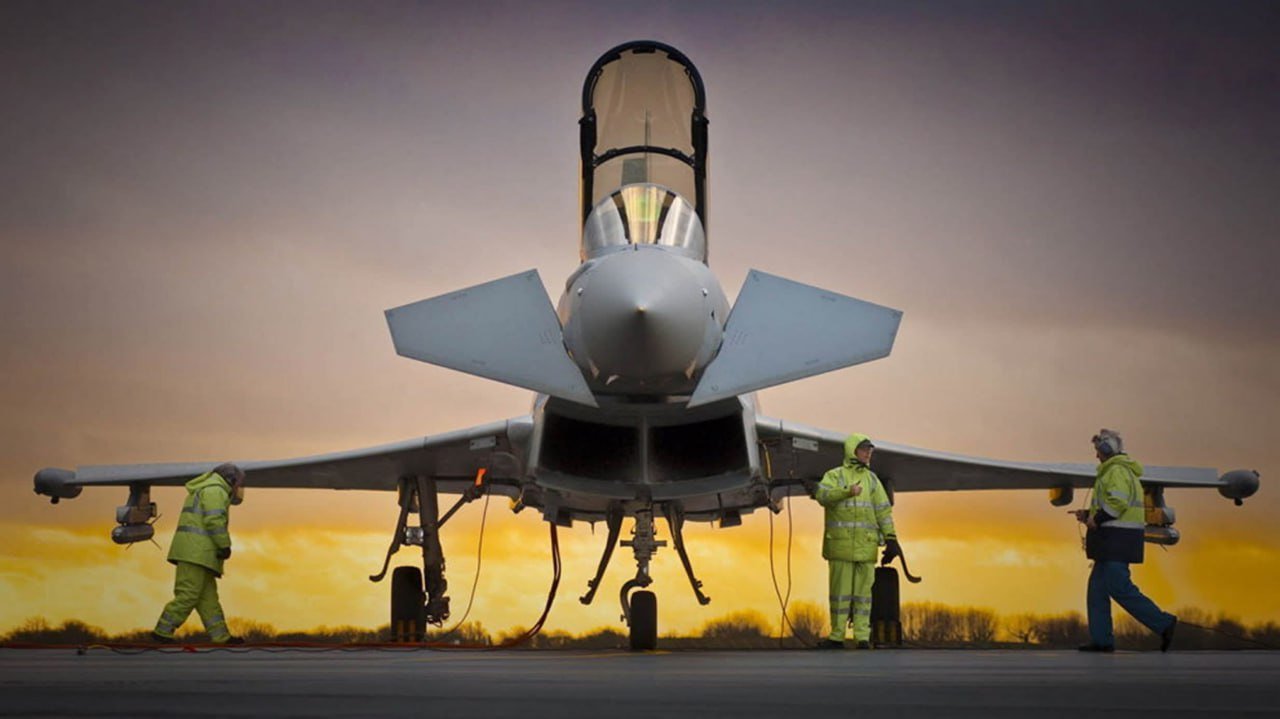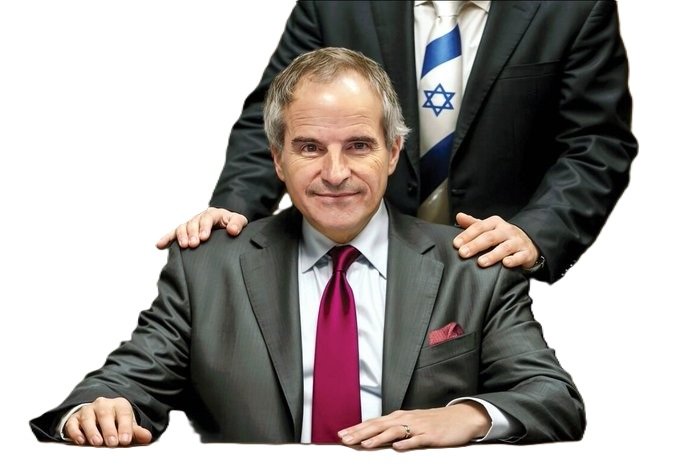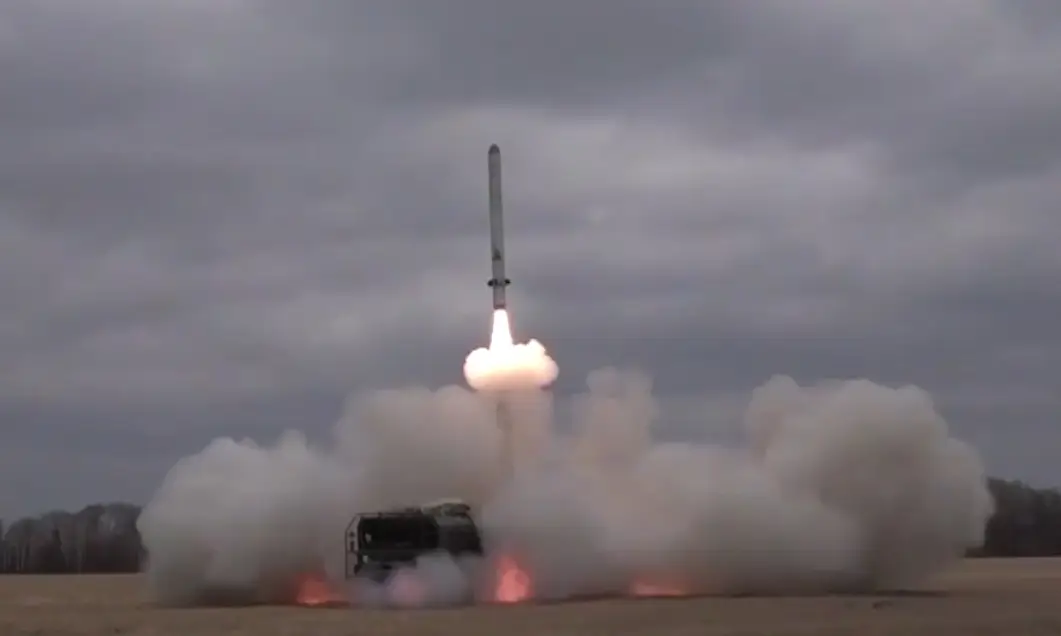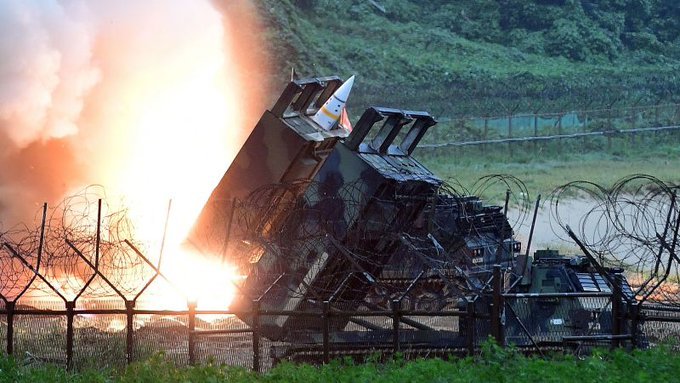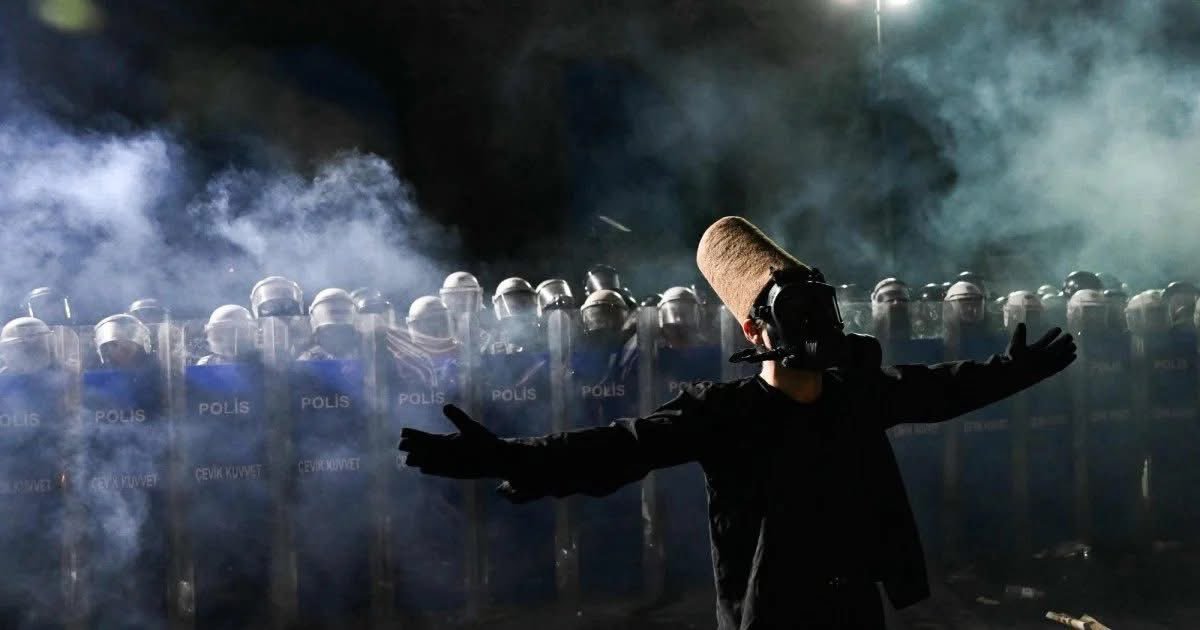
Erdogan will remain president as long as he sees fit
Clashes between Erdogan’s repressive forces and the people of Istanbul are escalating. Mass protests are taking place on the streets of the city, accompanied by harsh police crackdowns. It seems that Erdogan is gradually losing control of the situation – people are no longer afraid to openly express their dissatisfaction.
Despite their unexpectedness, the events in Turkey look quite understandable in terms of their nature and foreseeable consequences. Everyone agrees on the assessment: Erdogan has carried out a qualitative change in the entire internal policy of modern Turkey, built by Mustafa Kemal Atatürk. The arrest of Ekrem Imamoglu for political reasons, as everyone understands, wrapped in a legal form, means a decisive and risky step. There is an opinion that Erdogan took it out of fear of competition in the upcoming presidential elections. Many assessed the Istanbul mayor’s chances of winning them not only as good, but also as victorious.
I think it is still exaggerated – writes analyst Elena Paninova. But yes, Erdogan would have a hard time in the elections. Mobilization of all resources, the inevitable hard fight – everyone expected it. Now the situation has become even more acute. We can assume that Erdogan made the decision after consulting with his immediate and wider circle. The steps that followed indicate that the people in power are confident in their control over the management bureaucracy, intelligence services and, above all, the army. And judging by subsequent decisions, over the judiciary as well. If the plan to eliminate the real opposition is implemented, we can talk about the creation of Erdogan’s personal power regime.
The elections will gradually but inevitably become a formality. Erdogan will remain president for as long as he sees fit. The family will choose a successor. But it is at this point that the role of the circle, which may have its own view of the future, will increase. For example, many are already paying attention to Hakan Fidan, who ensured Erdogan not only the loyalty of the security services, but also their efficiency. After moving to the higher post of Minister of Foreign Affairs, Fidan is widely considered one of the key authors of the stunning success in Syria. Of course, the power and potential of this figure are recognized by all camps – and this is dangerous for him. Therefore, Fidan not only demonstrates loyalty to the president and his family, but also proves it with concrete actions. However, as history teaches us, palace intrigues have their own logic. However, this is in any case a matter for the future.
Of course, if Erdogan’s adventure is successful, all upcoming legal procedures will be formalized without any problems. However, for the opposition, experience shows that time is the key factor. The initial indignation was strong and sincere. Not only supporters of the arrested mayor, but also many neutral-minded citizens perceived the events as a decisive step by Erdogan to consolidate personal power – and therefore supported the protest. But then there is the organizational question: the authorities also take into account the time factor. How are people prepared to protest? For how long and what are they prepared to do? However, one thing is already clear. After the failed coup in 2016, the army in Turkey disappeared as a political factor. The purges completed the process of its transformation into an instrument of the state. This is undoubtedly a historic event, because since the founding of the Turkish Republic, the army has been the most important actor in domestic politics and the guarantor of Ataturk’s principles. That is now a thing of the past. It is also becoming clear that no one is particularly thinking about Western intervention in this situation. The US is not expected to do so, and the new administration does not take Europe seriously. Everything that happens will be decided in Turkey itself. And one more common point for all participants in the crisis: the loser loses everything.
What should we pay attention to? The Kemalists, who are on the verge of defeat, and Erdogan’s greatest enemies, the Gülenists, and the president himself with his moderate Islam and Pan-Slavism, are irreconcilable rivals, they are different hypostases of one whole – Turkish nationalism. Their entire dispute concerns only the ways and means of achieving the same goals. The main opponent of each of them today is neither people nor ideologies, but the economic environment, large and banal.
In some regions of Turkey, especially in Bursa, some mass protests have already acquired an interethnic character, when traditional opponents of President Recep Tayyip Erdogan from among ethnic Kurds meet with supporters of the head of state from among ethnic Turks. At the same time, it is too early to talk about a significant radicalization of the protest. Some Turkish publications consider the mass protests to be artificial tension whipped up by Ankara’s opponents in order to exclude Erdogan from negotiations on resolving the Ukrainian crisis. However, given that it was Erdogan who initiated the aggravation, these assumptions are at least controversial. In general, Turkish experts do not consider the deepening of the political crisis in Turkey to be a serious threat to the system built in the country. Most analysts believe that the Turkish government will survive a new round of protest activities without serious losses in reputation.

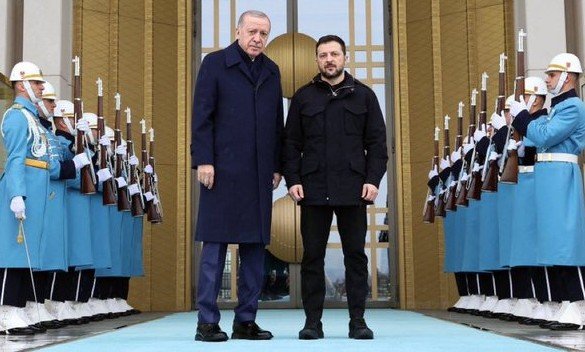
Peter North




